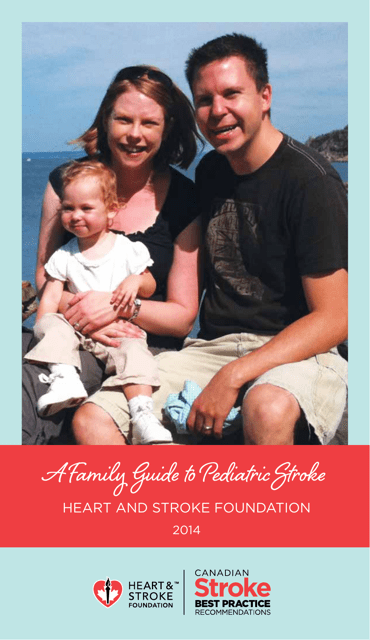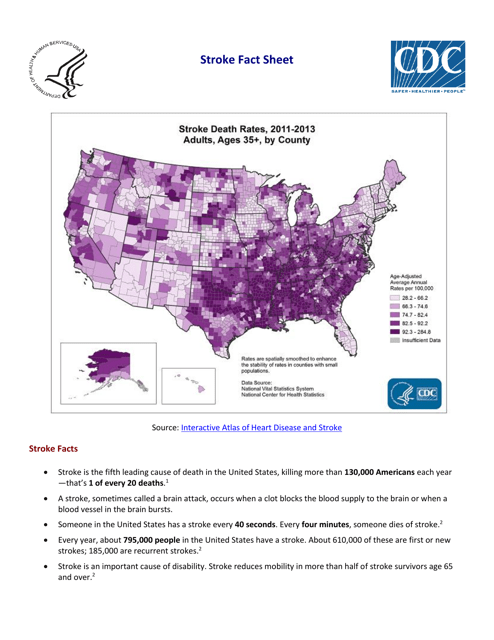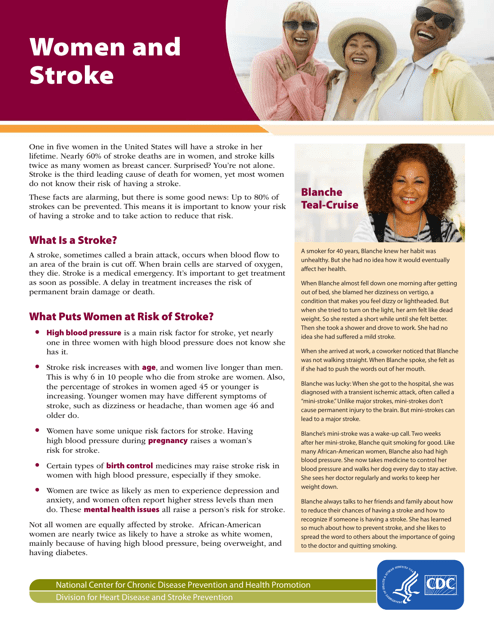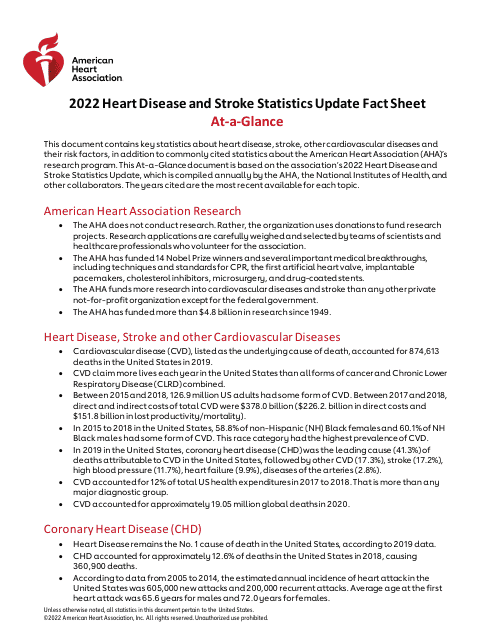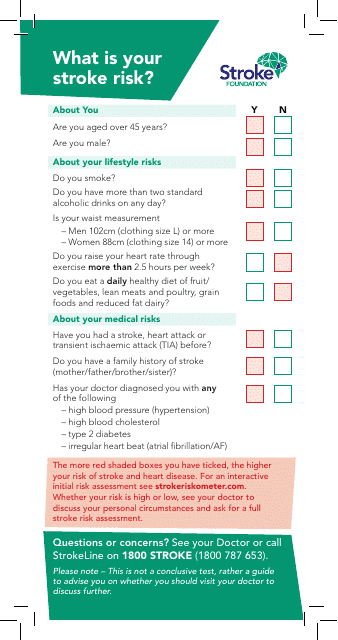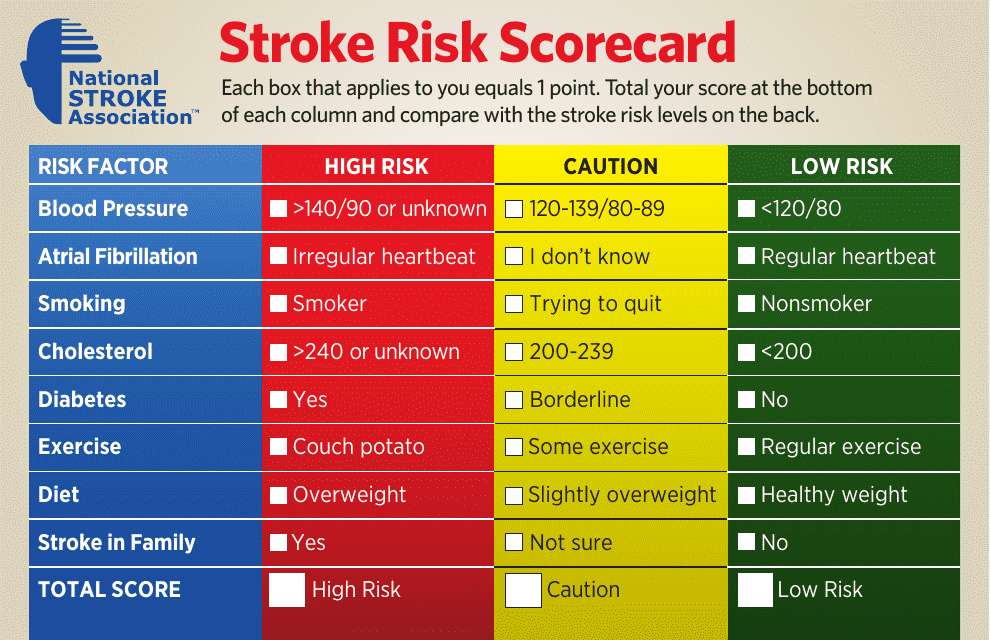Stroke Prevention Templates
Stroke Prevention: A Comprehensive Guide to Reducing the Risk of Stroke
Our Stroke Prevention resource is a one-stop guide to help individuals, families, and healthcare professionals understand the importance of preventing strokes and implementing preventive measures. This valuable resource, also known as the Stroke Prevention Handbook, provides essential information and practical tips to minimize the risk of stroke and promote overall well-being.
In this guide, you will find a wealth of information tailored to your needs. Whether you are a concerned parent seeking insights on pediatric stroke, an individual wanting to assess your stroke risk, or a healthcare professional looking for tools to educate patients and improve stroke prevention practices, this resource has got you covered.
Discover valuable resources such as the Heart and Stroke Foundation of Canada's Family Guide to Pediatric Stroke, which offers comprehensive advice and support for families navigating the complexities of stroke in children. With the aid of this guide, you can learn about early warning signs, risk factors, and strategies for prevention and rehabilitation.
We also present you with an informative Stroke Fact Sheet, providing an overview of stroke, its causes, symptoms, and available treatment options. This fact sheet is an excellent resource for anyone seeking to enhance their knowledge about stroke, both for personal wellbeing and for supporting friends, family, or patients.
Furthermore, our Women and Stroke Fact Sheet sheds light on the unique risks and preventive measures associated specifically with women and stroke. By raising awareness and offering targeted guidance, this document aims to empower women to take proactive steps to reduce their risk of stroke and ensure their long-term health.
As part of our commitment to promoting awareness, we offer a comprehensive Stroke Risk Assessment Checklist. By answering a series of questions, this checklist will help you assess your individual stroke risk, enabling you to identify areas where preventive action can be taken. Remember, taking the necessary precautions can significantly reduce your chances of experiencing a stroke.
Lastly, we provide you with the Stroke Risk Scorecard, a valuable tool that allows you to gain a clearer understanding of your overall stroke risk profile. By evaluating factors such as age, medical history, and lifestyle choices, this scorecard generates a personalized risk assessment, helping you make informed decisions about your health and well-being.
Invest in your health today by exploring our Stroke Prevention resources. Remember, prevention is the key to reducing the impact of stroke and ensuring a healthier future for yourself and your loved ones.
Documents:
6
This document provides a guide for families in Canada who are dealing with pediatric stroke. It is created by the Heart and Stroke Foundation and offers information and support for parents and caregivers.
This document provides key information and statistics about strokes. It covers facts about the causes, symptoms, risk factors, and prevention of strokes. A must-read for those seeking to understand more about strokes and how to combat them.
This fact sheet provides important information about strokes and their impact on women. Learn about the risk factors, signs and symptoms, and prevention strategies for strokes in women.
This document provides key statistics and facts about heart disease and stroke, including prevalence, risk factors, and mortality rates. It offers an at-a-glance overview of the current status of these health conditions in the United States.
This document is a tool used to evaluate the risk factors associated with stroke. It helps in identifying potential lifestyle changes and medical interventions to reduce the stroke risk.
This document provides a comprehensive overview of an individual's risk factors for stroke, including information on current health conditions, lifestyle, and family medical history. It's often used by healthcare professionals to assess the probability of a patient experiencing a stroke and advice on how to lower this risk.

